Ocimum tenuiflorum also known as tulsi or holy basil, is a popular Ayurvedic herb in India that is commonly used for tea. With “holy” being in one of its common names, you may have correctly concluded this herb is revered as sacred. It grows abundantly in Southeast Asia and has become an essential part of the culture.
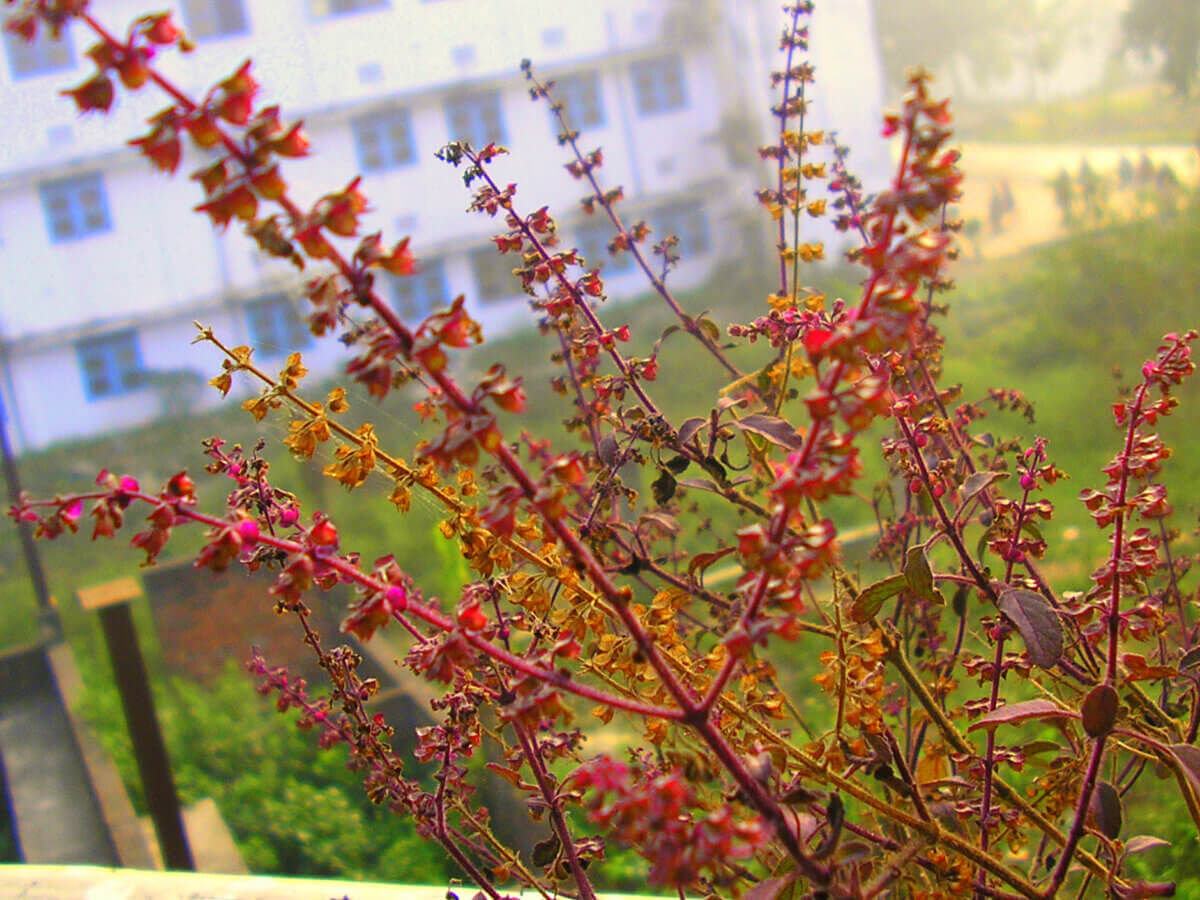
If you’ve ever traveled to India, you would have quickly realized how important and integral spirituality is to the culture. India is completely immersed in myth and legend, belief and faith, spirituality and worship. From the deities of Hinduism to the herbs of Ayurveda or Ayurvedic medicine, India’s people and culture are deeply enmeshed in their traditions.
Ayurvedic medicine has a foothold in the United States and other Western cultures with many health food stores selling bottles of Ayurvedic pills, dietary supplements, shampoos, and essential oils. You may see advertisements on different foods and teas stating it is Ayurvedic. One of those teas is tulsi.
With Ayurvedic medicine roots dating back over 5,000 years, there is credibility in some of its claims. For example, tulsi, a small, leafy, green shrub and member of the Lamiaceae family (like basil), is said to bring about clarity of mind as well as lightness of body and spirit.
To alleviate any confusion early on, basil and tulsi are not the same species, although they are related. Coming from the same plant family, their key differences (outside of cultural reverence) would be appearance and smell.
Tulsi is a rather beautiful plant, boasting vibrant green or purple leaves. The scent alone is remarkable with fragrant blossoms and leaves. It offers comfort to sight, scent, and yes, ingestion.
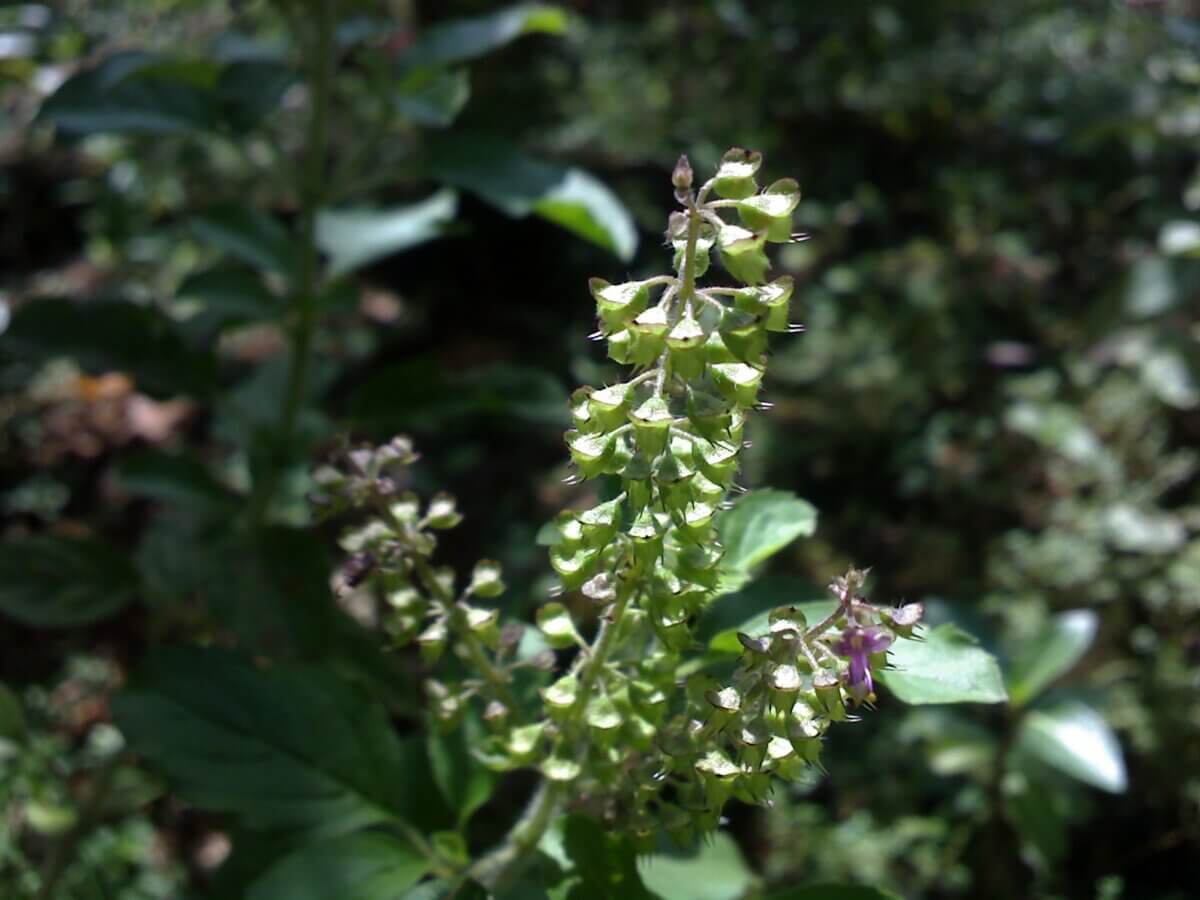
Benefits of Tulsi
Tulsi has served various purposes throughout the years. These can range from culinary uses (tulsi leaves steeped in herbal tea) to medicinal. In this part of the article, we will go over the many health benefits of drinking tulsi tea, and other benefits this herb has to offer.
Ayurvedic Benefits
- Reduces stress as it calms the body
- Alleviates mucus build up, supporting lung function and health, which supports healthy circulation
- In terms of Ayurvedic beliefs, it balances vata and kapha doshas (Look into this on your own if you’re curious. A whole book could be written on this subject, and indeed, many have been.)
- Helps maintain normal body temperature
- Aids in weight management
Scientific Benefits
- Metabolic: Scientific research has shown that tulsi helps lower blood pressure, improves LDL cholesterol and blood pressure, and decreases inflammation.
- Adaptogenic: In the case of physical stress, there is scientific evidence to show that tulsi helps us cope with stress, anxiety, and fatigue.
- Immunity support: There are studies that show tulsi has the ability to protect the immune system from the damaging effects that various chemicals cause the immune system.
- Infection reduction: Recent studies have shown tulsi has potential benefits in reducing infection. The plant has anti-bacterial properties that guard against pathogens that cause infections.
- Lowering blood sugar: Clinical trials using tulsi have shown the plant was able to help not only lower blood sugar, but also improve blood pressure, making tulsi beneficial to diabetes patients.
Due to these benefits, tulsi can be helpful to people dealing with conditions such as diabetes, high cholesterol, weight management issues, and arthritis. Studies that found immunity and infection support attributed them to one of tulsi’s core chemicals, eugenol.

Other Ways to Absorb Tulsi Benefits
- Fresh juice (made the same way as tea, but usually combined with sugar and refrigerated)
- Eating fresh leaves
- Tulsi supplements (taken in tablets, powdered, or liquid extract forms)
- Immune formulas (easy to find in most health food stores)
- Herbal oils (often massage oils)
- Elevated adaptogens (can be found in health food stores)
- (Not scientifically proven but) Dried tulsi bundles or fresh tulsi grown around your house as a “house protector” — many claim it has the same powers attributed to sage for ridding a space of negative energy
Note: Please research the brand you are buying when considering tulsi supplements, and buy from reputable dealers.
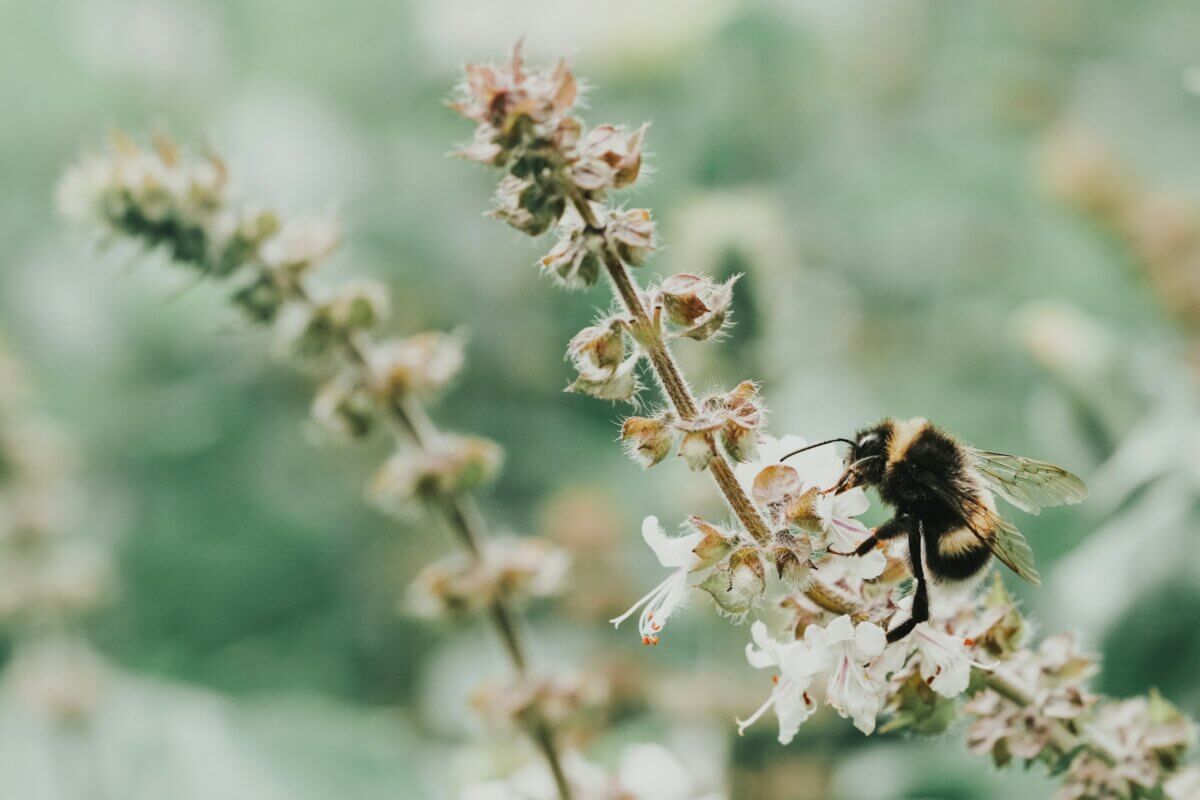
What if I Want to Grow Tulsi?
Tulsi can grow in a large variety of climates. It does have a preference for full sun, moderate rainfall, and humidity (think temperate conditions). If you’re considering tulsi for your garden, you can use it to deter pests. It’s great to companion plant it with tomatoes, lettuces, and carrots.
In a season, you can generally harvest 7 to 10 times from one tulsi plant. In terms of what to harvest, you can take the stems, leaves, and flowers. When you harvest tulsi to prepare tea, you can immediately use it fresh, or dry it to use at a later date.
Overall, tulsi is wonderful for a variety of reasons. Whether you’re looking for a lovely, aromatic plant to enhance your space, wanting a tasty tea, or in need of health-help, tulsi offers essential benefits.


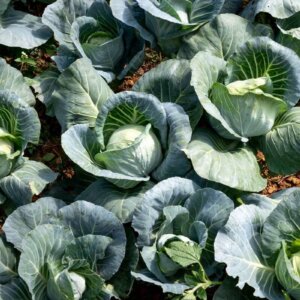



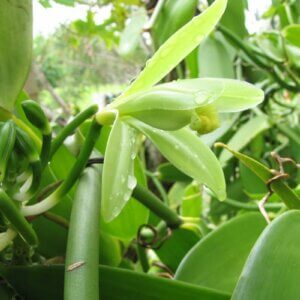





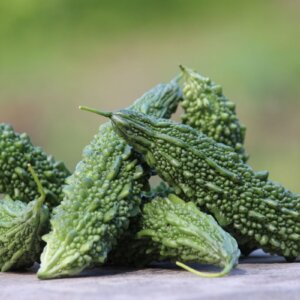







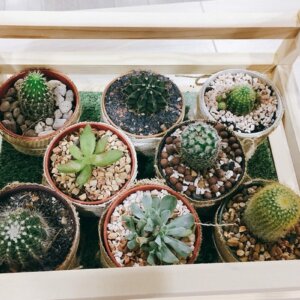

















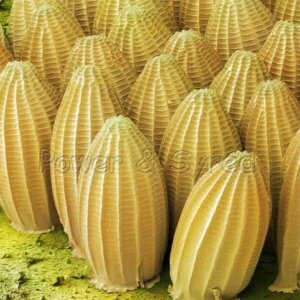



I grew Tulsi last year and harvested lots of seed. What isnt mentioned but I think important to gardeners, is that the aroma while pleasant to people, acts as a deterrent to deer.
That is so cool! Thanks for sharing.